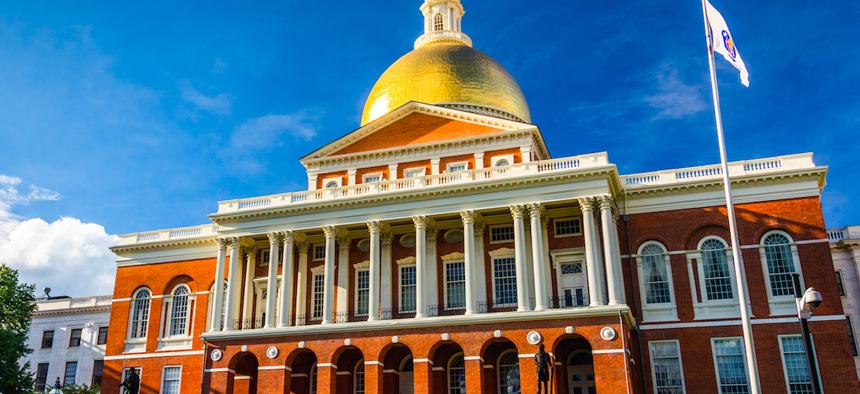How Massachusetts Is Fighting the Supreme Court's Abortion Ruling

Shutterstock

Connecting state and local government leaders
The state passed a law Wednesday that strengthens protest restrictions around abortion clinics.
Massachusetts is not letting a Supreme Court decision get in the way of what the state sees as necessary protections for abortion clinics.
Democratic Gov. Deval Patrick signed a bill into law Wednesday that aims to protect patients at reproductive health centers from potentially dangerous anti-abortion protesters.
The legislation comes in response to a Supreme Court ruling at the end of last month that struck down a 2007 state law requiring a 35-foot protest "buffer zone" around abortion clinics. In a unanimous decision, the court said the law violates the First Amendment in part because the buffer zones include public spaces such as sidewalks. States could respond to specific incidents, the justices said, but a broader restriction like the Massachusetts law was deemed unconstitutional.
The new Massachusetts Safe Access law addresses safety concerns of abortion-rights advocates following the decision by tightening security around clinics. The legislation increases penalties for obstructing access to health centers, and increases police authority to withdraw individuals who block patients.
The state House and Senate passed the bill Tuesday. The legislature included an emergency preamble, meaning that the law takes effect immediately.
Planned Parenthood League of Massachusetts has already begun preparing for the new law by marking off the area where protesters in violation would need to stand temporarily, the organization said.
The law's crafters hope it will also serve as a model for other areas with buffer zone laws that have been impacted by the Supreme Court's ruling. These include New Hampshire; Portland, Maine; and Burlington, Vt., according to Planned Parenthood Federation of America President Cecile Richards. There are also buffer zones in place in about six or seven other communities around the country, but those have not been impacted, she said.
Anti-abortion protesters have already announced they will challenge the new law in court, according to Massachusetts Attorney General Martha Coakley, who worked on the legislation. But supporters of the law are confident it will withstand constitutional scrutiny this time around, and say the targeted approach is in keeping with the court's decision.
"The Supreme Court took one tool away from us last month, but as Massachusetts has demonstrated, when they take one tool away, we come back with a full toolbox," Richards said Wednesday.
(Image via Jon Bilous/Shutterstock.com)





